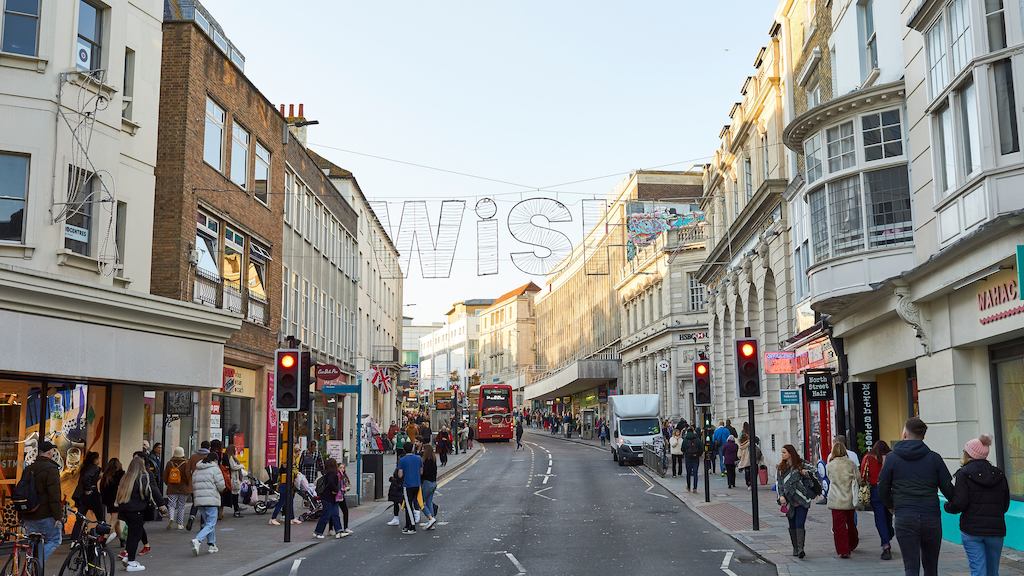“Whilst the lockdown has been an extremely challenging period for all of us, these new figures show that the impact of the pandemic has fallen hardest on those who were already struggling to get by financially.
“People who are less well-off are far more likely to have experienced financial, emotional and physical hardships during the pandemic compared to those who are living comfortably. All of this means that the already unacceptable wealth inequalities in this country have likely got even worse.
“Our new figures also show that across many aspects of life, inequalities are wider for those in their 50s and 60s. We know that many people approaching later life face huge challenges at a crucial time in their lives, and need support to get back on track.
“As we look ahead to recovery, it is crucial that action is taken to reverse these negative impacts of the lockdown which threaten to widen wealth and health inequalities. The government’s levelling-up agenda must include support for local communities, action to improve poor housing, and support for people of all ages who have lost their jobs to get back into work.”

